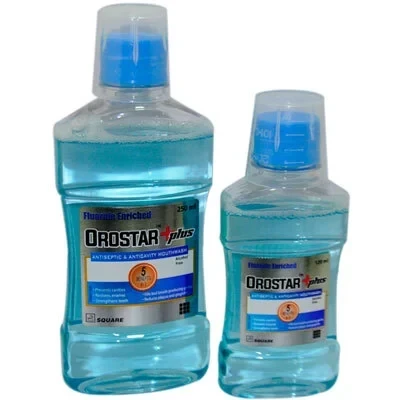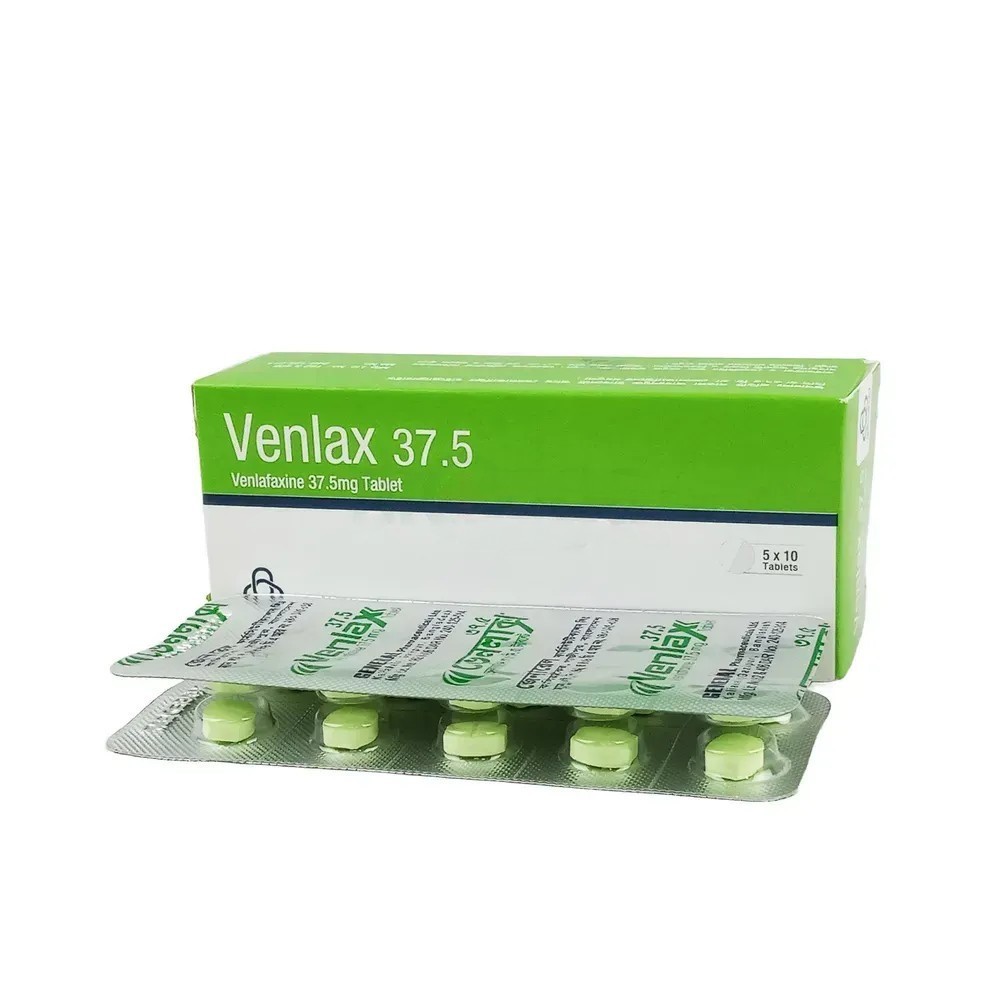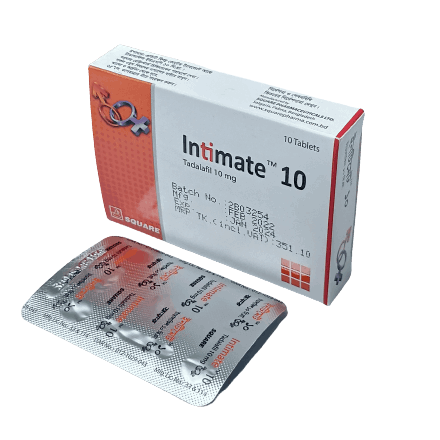

Seacoral D Tablet, Coral Calcium + Vitamin D3 500 mg+200 IU
Inhouse product
-
৳11.40
৳12.00 -
৳42.75
৳45.00 -
৳16.63
৳17.50 -
৳2.14
৳2.25
Reviews & Ratings
Indications
Seacoral D tablet is
indicated for the treatment & prevention of-
- Osteoporosis
- Osteomalacia
- Tetany
- Hypoparathyroidism
- Disorders of osteogenesis.
Seacoral D tablet also
used as supplement in case of inadequate intake of calcium in childhood diet,
rickets, pregnancy & lactation, elderly patients. Other indications include
pancreatitis, phosphate binder in chronic renal failure etc.
* রেজিস্টার্ড চিকিৎসকের পরামর্শ মোতাবেক ঔষধ সেবন করুন'
Composition
Each tablet contains: Calcium Carbonate USP 1250 mg (Coral source)
equivalent to 500 mg of elemental Calcium & Vitamin D USP 200 IU.
Each DX tablet contains:
Calcium Carbonate USP 1500 mg (Coral source) equivalent to 600 mg of elemental
Calcium & Vitamin D USP 400 IU.
Each effervescent tablet contains: Calcium Carbonate (Coral source) USP 1500 mg equivalent to 600
mg of elemental Calcium and Vitamin D3 400 IU as Cholecalciferol USP.
Pharmacology
Adequate Calcium in
the blood is so vital to a wide variety of bodily functions that our internal
biochemistry will not tolerate a deficiency even for short periods. Clinical
evidence suggests that Calcium is useful for the prevention and treatment of
Osteoporosis and associated fractures. Vitamin D is also essential for healthy
bones as it aids in Calcium absorption from the GI tract. In addition to this
it stimulates bone formation. Clinical studies also show that Calcium and
vitamin D has synergistic effects on bone growth as well as in Osteoporosis and
fracture prevention. In this preparation, Calcium Carbonate is sourced from
coral origin. This Coral Calcium has a chemical structure which is very similar
to the composition of human bone. Coral Calcium is similar to other sources but
ensures better absorption. Vitamin D3 aids in the absorption of Calcium from GI
tract and helps to maintain Calcium balance in the body.
Dosage &
Administration
One tablet once or
twice daily with plenty of water or as directed by the physician. Taking in
full stomach ensures better absorption. Dissolve 1 effervescent tablet in a
glass of water to drink orally. Stir the solution with spoon before drinking.
Taking in full stomach ensures better absorption.
* রেজিস্টার্ড চিকিৎসকের পরামর্শ মোতাবেক ঔষধ সেবন করুন'
Interaction
Thiazide diuretics
reduce the urinary excretion of calcium. Due to increased risk of
hypercalcaemia, serum calcium should be regularly monitored during concomitant
use of thiazide diuretics. Systemic corticosteroids reduce calcium absorption.
During concomitant use, it may be necessary to increase the dose of calcium
tablet. Simultaneous treatment with ion exchange resins such as cholestyramine
or laxatives such as paraffin oil may reduce the gastrointestinal absorption of
vitamin D. Calcium carbonate may interfere with the absorption of concomitantly
administered tetracycline preparations. For this reason, tetracycline
preparations should be administered at least two hours before, or four to six
hours after, oral intake of calcium. Hypercalcaemia may increase the toxicity
of cardiac glycosides during treatment with calcium and vitamin D. Patients
should be monitored with regard to electrocardiogram (ECG) and serum calcium
levels. If a bisphosphonate or sodium fluoride is used concomitantly, Seacoral
D should be administered at least three hours before the intake of calcium
tablet since gastrointestinal absorption may be reduced. Oxalic acid (found in
spinach and rhubarb) and phytic acid (found in whole cereals) may inhibit
calcium absorption through formation of insoluble calcium salts. The patient
should not take calcium products within two hours of eating foods high in
oxalic acid and phytic acid.
Contraindications
- Hypercalcemia and
hyperparathyroidism
- Hypercalciuria and
nephrolithiasis
- Hypersensitivity to the
component of this preparation
- Severe renal insufficiencies
- Concomitant digoxin therapy
(requires careful monitoring of serum Calcium level)
Side Effects
Orally administered
Calcium Carbonate may be irritating to the GI tract. It may also cause
constipation. Hypercalcemia is rarely produced by administration of Calcium
alone but may occur when large doses are given to patients with chronic renal
failure. Also there may be allergic reactions, irregular heartbeats, nausea,
vomiting, decreased appetite dry mouth and drowsiness. Following administration
of Vitamin D Supplements occasion skin rash has been reported.
Pregnancy &
Lactation
During pregnancy the
daily intake should not exceed 1500 mg calcium and 600 IU cholecalciferol (15
mcg vitamin D). Studies in animals have shown reproductive toxicity with high
dose of vitamin D. In pregnant women, overdoses of calcium and vitamin D should
be avoided as permanent hypercalcaemia has been related to adverse effects on
the developing foetus. There are no indications that vitamin D at therapeutic
doses is teratogenic in humans. Elemental Calcium & Vitamin D3 tablet can
be used during pregnancy, in case of a calcium and vitamin D deficiency.
Elemental Calcium & Vitamin D3 tablet can be used during breast-feeding.
Calcium and vitamin D3 pass into breast milk. This should be considered when
giving additional vitamin D to the child.
Precautions &
Warnings
During long-term
treatment, serum calcium levels should be followed and renal function should be
monitored through measurement of serum creatinine. Monitoring is especially
important in elderly patients on concomitant treatment with cardiac glycosides
or diuretics and in patients with a high tendency to calculus formation. In
case of hypercalcaemia or signs of impaired renal function, the dose should be
reduced or the treatment discontinued. Vitamin D should be used with caution in
patients with impairment of renal function and the effect on calcium and
phosphate levels should be monitored. The risk of soft tissue calcification
should be taken into account. In patients with severe renal insufficiency,
vitamin D in the form of cholecalciferol is not metabolised normally and other
forms of vitamin D should be used. Elemental Calcium & Vitamin D3 tablet
should be prescribed with caution to patients suffering from sarcoidosis
because of the risk of increased metabolism of vitamin D to its active
metabolite. In these patients, serum calcium levels and urinary calcium
excretion must be monitored. Elemental Calcium & Vitamin D3 tablet should
be used with caution in immobilised patients with osteoporosis due to the
increased risk of hypercalcaemia. The dose of vitamin D in Elemental Calcium
& Vitamin D3 tablet should be considered when prescribing other drugs
containing vitamin D. Additional doses of calcium or vitamin D should be taken
under close medical supervision. In such cases it is necessary to monitor serum
calcium levels and urinary calcium excretion frequently.
Overdose Effects
Overdose can lead to
hypervitaminosis D and hypercalcaemia. Symptoms of hypercalcaemia may include
anorexia, thirst, nausea, vomiting, constipation, abdominal pain, muscle
weakness, fatigue, mental disturbances, polydipsia, polyuria, bone pain,
nephrocalcinosis, nephrolithiasis and in severe cases, cardiac arrhythmias.
Extreme hypercalcaemia may result in coma and death. Persistently high calcium
levels may lead to irreversible renal damage and soft tissue calcification.
Treatment of hypercalcaemia: The treatment with calcium must be discontinued.
Treatment with thiazide diuretics, lithium, vitamin A and cardiac glycosides
must also be discontinued. Emptying of the stomach in patients with impaired
consciousness. Rehydration, and, according to severity, isolated or combined
treatment with loop diuretics, bisphosphonates, calcitonin and corticosteroids.
Serum electrolytes, renal function and diuresis must be monitored. In severe
cases, ECG and CVP should be followed.
Therapeutic Class
Specific mineral &
vitamin combined preparations
Storage Conditions
Store at temperature
of below 30°C, protect from light & moisture. Keep out of reach of
children.
Common Questions about Seacoral D 500 mg
Tablet
What is Seacoral D 500 mg Tablet?
Seacoral D 500 mg Tablet is a combination of
calcium carbonate and vitamin D3. It is used to prevent and treat calcium and
vitamin D deficiency. Calcium is important for building and maintaining strong
bones and teeth. Vitamin D helps the body absorb calcium.
What are the benefits of taking Seacoral D 500
mg Tablet?
The benefits of taking
Seacoral D 500 mg Tablet include:
- Prevention and treatment of
calcium and vitamin D deficiency
- Prevention of osteoporosis
- Treatment of rickets
- Treatment of osteomalacia
- Improvement of bone health in
the elderly
Who should not take the Seacoral D 500 mg
Tablet?
People with these
issues shouldn’t take Seacoral D 500 mg Tablet-
- High level of calcium or
vitamin D in the blood.
- Kidney stones.
- Sarcoidosis
- Allergic to ingredients in
Coralcal D.
What are the side effects of Seacoral D 500 mg
Tablet?
The most common side effects of Seacoral D 500
mg Tablet are- Constipation, Nausea, Vomiting, Diarrhea, Headache, Drowsiness,
and Dry mouth.
How should I take Seacoral D 500 mg Tablet?
Seacoral D 500 mg Tablet should be taken with
food. The usual dose is one tablet per day. However, the dosage may vary
depending on your individual needs. Talk to your doctor about the best dosage
for you.
What are the precautions for taking Seacoral D
500 mg Tablet?
You shouldn't take
Seacoral D 500 mg Tablet if:
- you are pregnant or
breastfeeding,
- you have high levels of calcium
or vitamin D in your blood,
- you have kidney stones,
- and you are allergic to any of
the medicine’s ingredients.
* রেজিস্টার্ড চিকিৎসকের পরামর্শ মোতাবেক ঔষধ সেবন করুন'
Frequently Bought Products
Telukast Tablet, Montelukast Sodium 10 mg
Carbizol Tablet, Carbimazole 10 mg
Daomin Tablet, Metformin Hydrochloride 500 mg
Venlax Tablet, Venlafaxine Hydrochloride 37.5 mg
Intimate Tablet, Tadalafil 10 mg
Product Queries (0)
Login Or Registerto submit your questions to seller
Other Questions
No none asked to seller yet
-
৳11.40
৳12.00 -
৳42.75
৳45.00 -
৳16.63
৳17.50 -
৳2.14
৳2.25
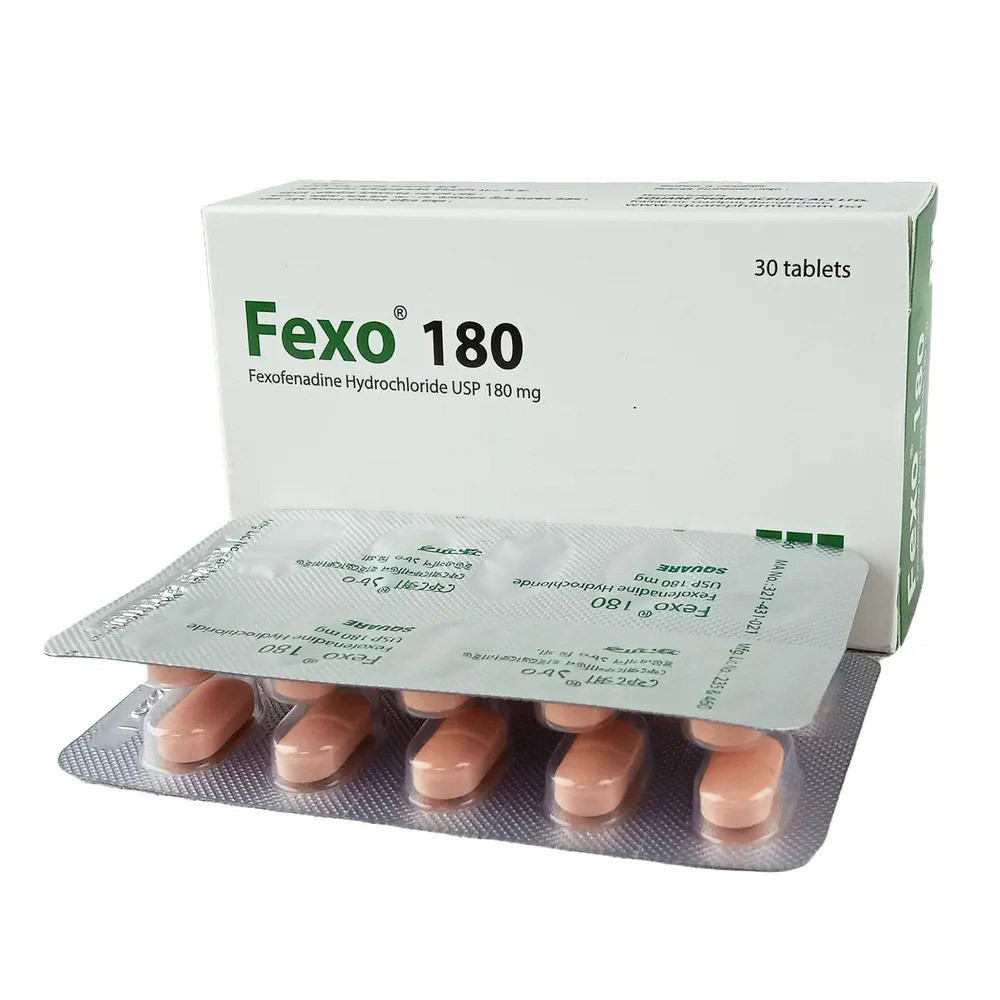
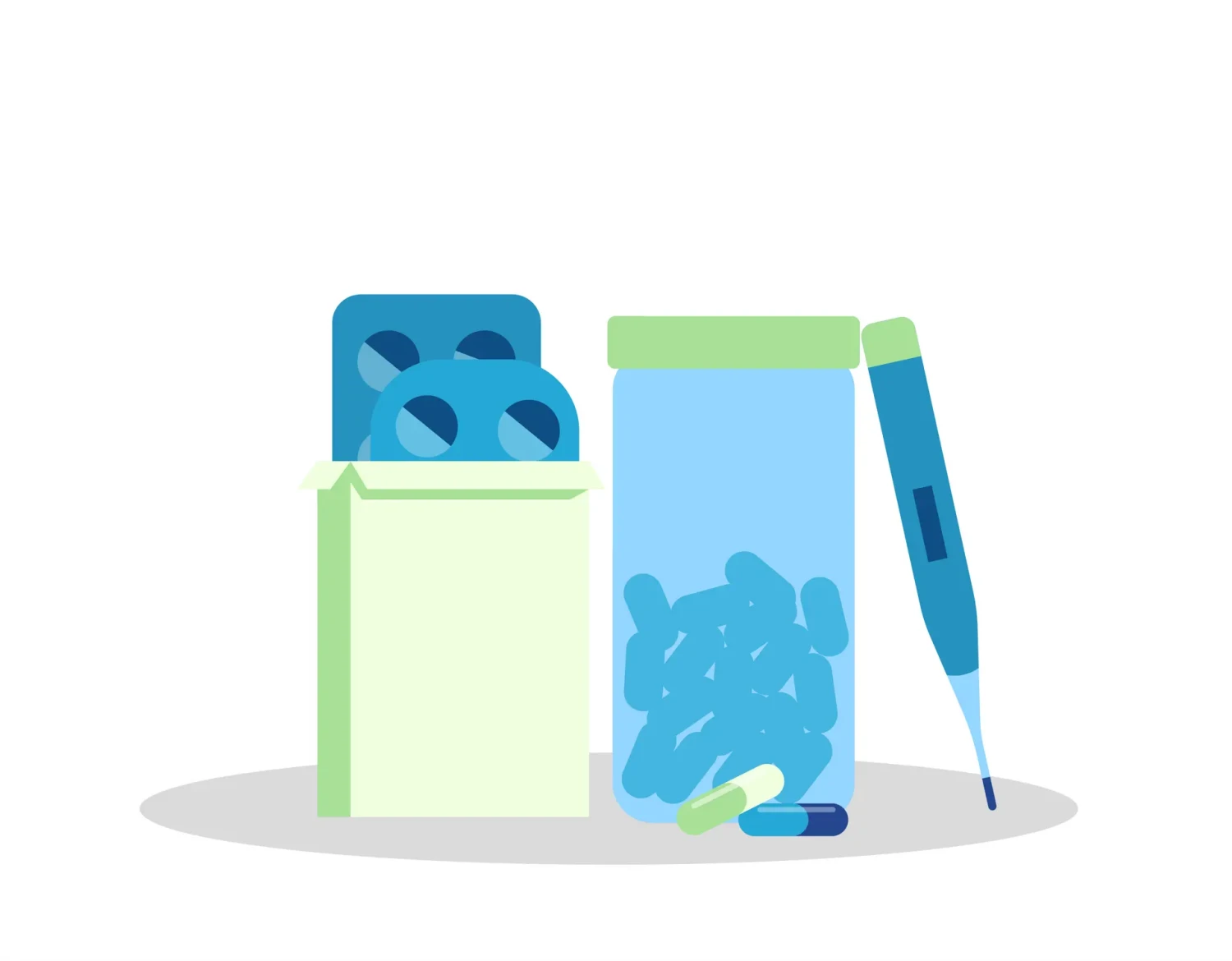


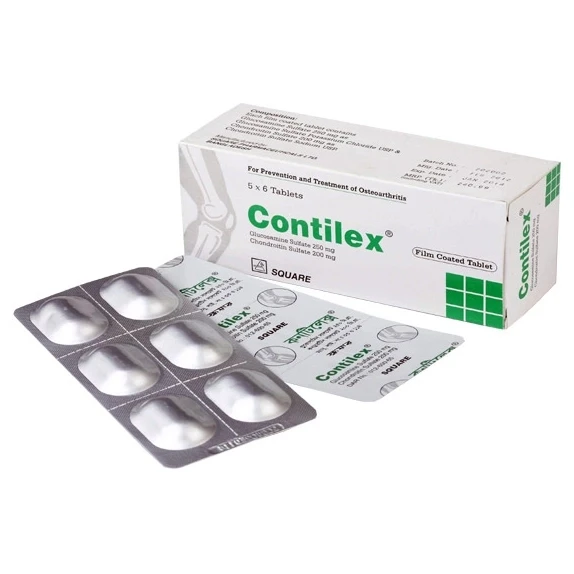
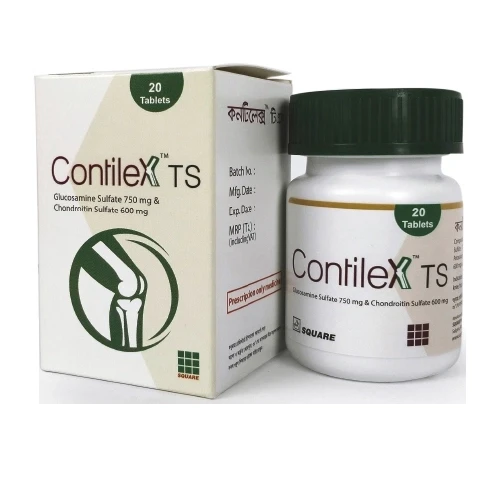

![Silybin Capsule, Silymarin [Dried extract of milk thistle fruits] 70 mg](https://www.skpharma.com.bd/public/uploads/all/IAjsraY5s8DpzwgnvP5suNJXEag79xD3tZTmTE1t.webp)
